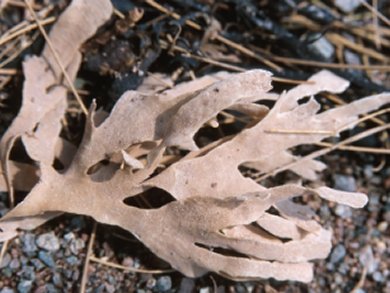The binder is a critical component of lithium ion batteries as it suspends the electrodes. Current batteries have a polyvinylidene fluoride binder which is manufactured by using a toxic solvent. Future batteries are likely to be based on silicon which gives improved performance, but the expansion and contraction of silicon nanoparticles in the anode causes rapid degradation of the binder.
Igor Luzinov and colleagues, Clemson University, South Carolina, USA, have developed a binder based on alginate, a natural polysaccharide extracted from brown algae. They use an aqueous slurry to suspend silicon or graphite nanoparticles in the alginate binder and form the anode. The anodes have a reversible capacity eight times higher than the best graphite electrodes. The anodes also demonstrate a coulombic efficiency approaching 100 % and have been operated through more than 1,000 charge-discharge cycles without failure.
The processes to extract the alginate and make the anodes are non-toxic and the anodes are compatible with existing production techniques so can be easily integrated into existing battery designs.
- A Major Constituent of Brown Algae for Use in High-Capacity Li-Ion Batteries
I. Kovalenko, B. Zdyrko, A. Magasinski, Benjamin Hertzberg, Z. Milicev, R. Burtovyy, I. Luzinov, G. Yushin,
Science 2011.
DOI: 10.1126/science.1209150




